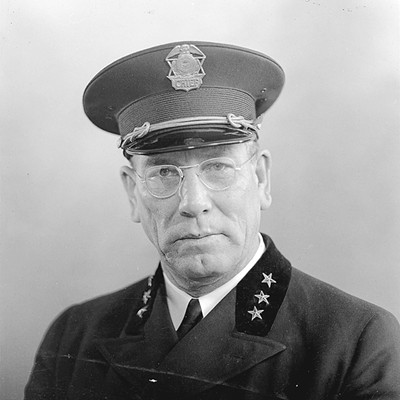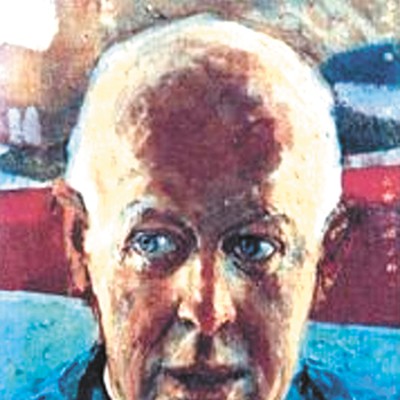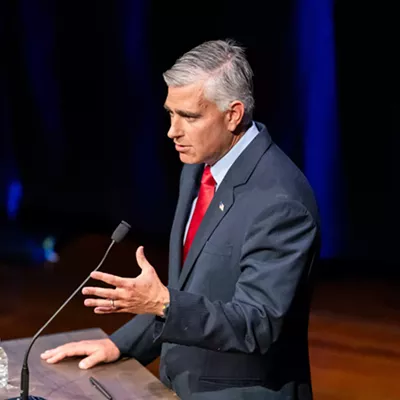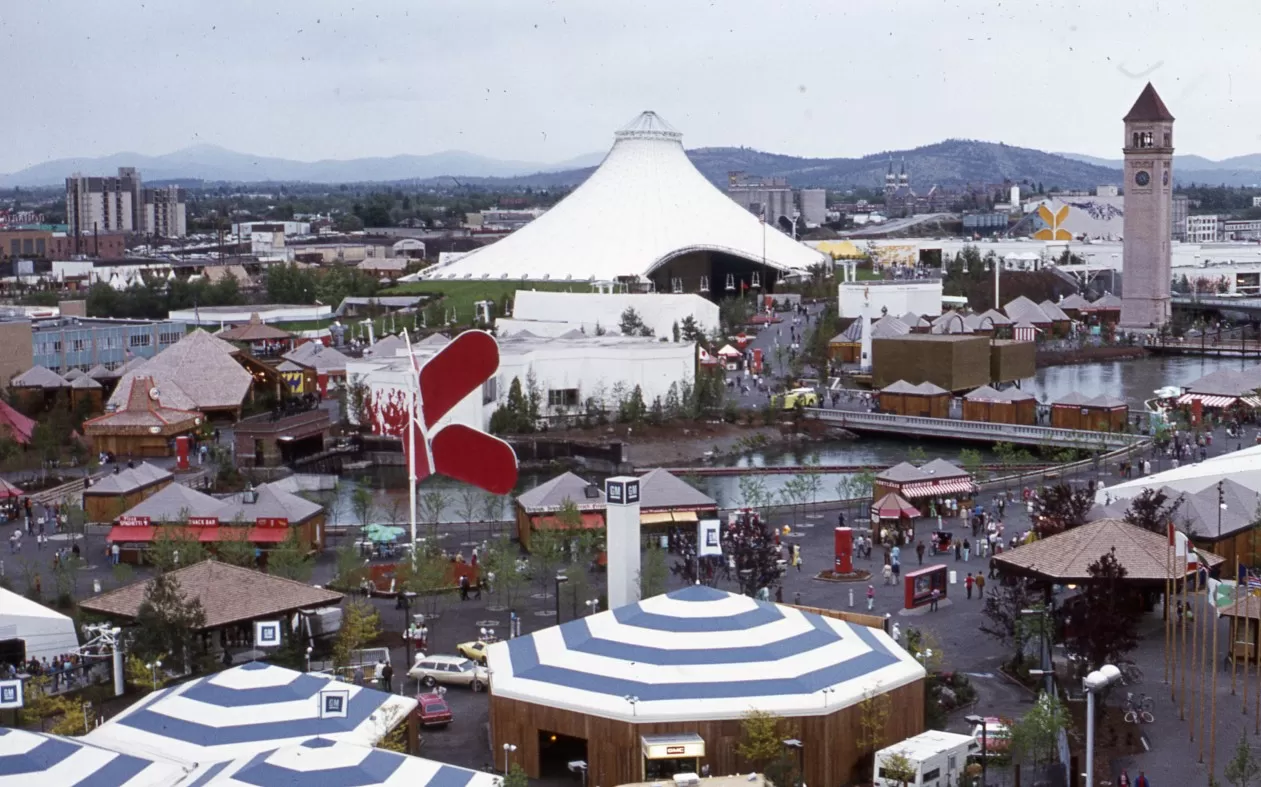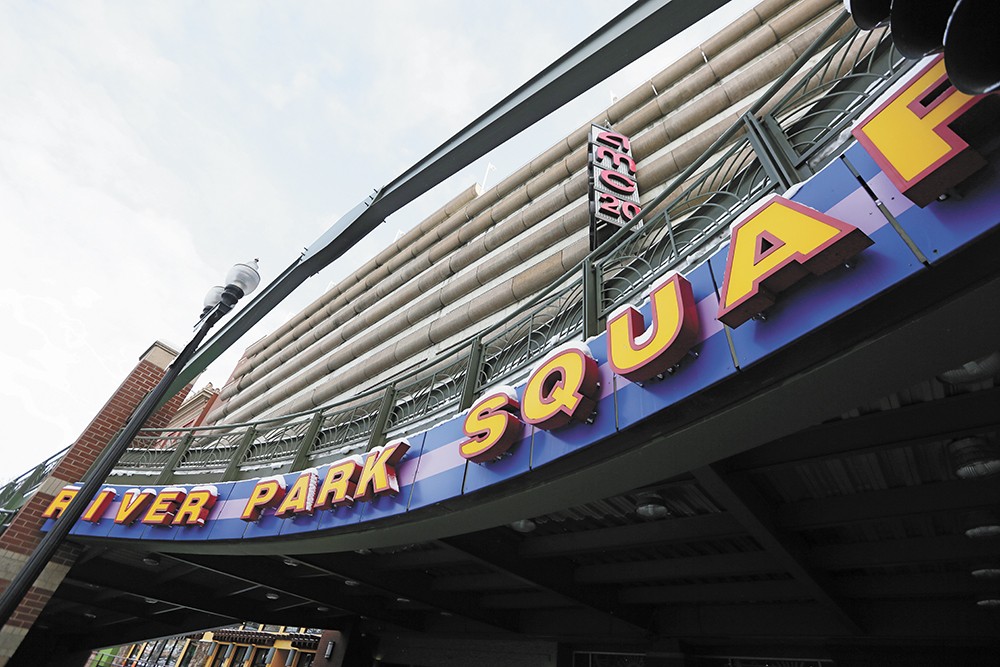
Once upon a time, the very fate of an entire city seemed to hinge on a Nordstrom deal.
It was the mid-'90s. Downtown Spokane was dying, as stores like J.C. Penney had already fled. If Nordstrom, the sole anchor tenant of the struggling downtown core, left as well? That sort of blow could be fatal.
The Cowles family — owners of the Spokesman-Review and one of the city's most prominent and wealthiest families — presented the promise of urban salvation: Convince Nordstrom to stay, and use that as the foundation to turn River Park Square into a gleaming, $110 million modern shopping mall.
The city of Spokane was more than willing to help, borrowing $23 million in HUD-backed federal loans to help with the mall's construction, and selling $31.5 million in bonds to build the parking garage attached the facility.
If the garage lost money, the city would pay the difference.
As early as 1996, the Inlander had reported on multiple experts raising major red flags about relying on the parking consultant's study used to justify the deal.
Indeed, the study turned out to be deliriously over-optimistic. The moment the ribbon was cut at River Park Square, the garage — and therefore, the city of Spokane — started hemorrhaging huge amounts of cash. Feeling cheated, the Spokane City Council refused to pay part of what the deal said the city owed.
"I think people went into panic mode," says City of Spokane Chief Financial Officer Gavin Cooley, who joined the city in 2003. "The minute it didn't work exactly as planned, we did the unthinkable. We didn't pay our bonds."
Defaulting on their loans, Cooley suggests, may have taken a big mistake and turned into a huge one. The city's credit rating plunged to barely-above-junk-bond status. It took years for the city to claw back. In retrospect, Cooley says, patience might have been a lot smarter. With time, downtown emerged from its slump, and parking revenue picked up.
Ultimately, downtown was saved. The mid-2000s became known as the "Downtown Spokane Renaissance," as developments sprung up in the surrounding blocks. But the bill, to say the least, was steep.
The debacle may have cost not one but three different mayors — Jack Geraghty, John Talbott and John Powers — their shot at re-election.
The city spent seven years after the opening of River Park Square mired in a complicated tangle of lawsuits, financial maneuvering and investigations.
"The civic discourse was absolutely frozen," Cooley says.
A lawsuit accusing city attorneys of withholding public records about the deal (sound familiar?) rose all the way to the Washington State Supreme Court, resulting in what was then the largest award for a public records case in the state of Washington.
For years, cynics continued to weave elaborate conspiracies about the Cowles family's influence on Spokane. The Spokesman-Review's reputation also took a hit. According to an independent analysis commissioned by the Spokesman in 2007, it had allowed River Park Square developer Betsy Cowles to influence the editing of its stories, some of which hyped up the deal and downplayed its dangers.
A bitter taste remained. "Public-private partnership" became a dirty word, and the city shied away from anything that smelled of risk.
We're still paying for it in a literal sense. Every time you feed a parking meter downtown, spare a moment to think of River Park Square: Until 2027, part of that money goes to pay the bonds for the settlement of the lawsuit over the garage built by the developer to keep the store that saved downtown Spokane.




